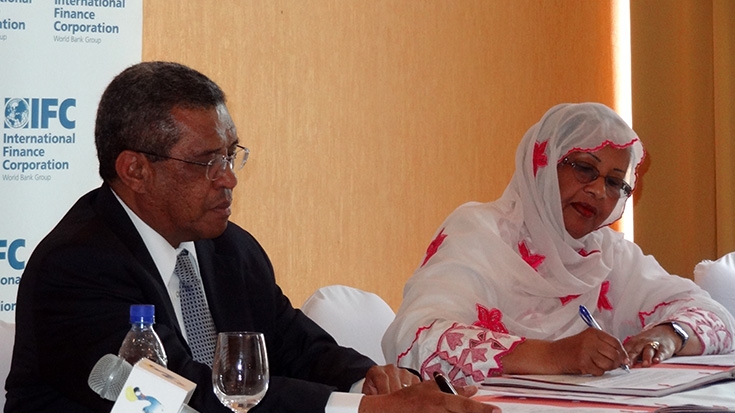What is Lease Financing?
Lease financing is a contractual arrangement that permits one party (the lessee) to use an asset belonging to a leasing company (the lessor) in return for the periodic payment of an agreed-upon amount. The formula is based largely on the fact that the property right (held by the leasing company) is decoupled from the economic right of use (held by the lessee) of the asset leased. The lessor attaches more importance to the ability of the lessor to generate an adequate inflow of funds to pay the lease than to his credit history, assets, or capital base.
This formula is particularly suited to the needs of small and medium enterprises (SMEs) that have not been in business for a long time and cannot yet produce financial statements spanning many years of business activity. The transaction is guaranteed by the asset itself.
Based on prospective studies, the leasing market in Chad is expected to be quite successful. Estimated at roughly $220 million since 2015, it will surpass this amount within five years. The average amount of contracts, excluding microcredit leasing, will range from $30,000 to $50,000. When this financial product is fully developed, leasing beneficiaries will number more than 5,000 per year. Microcredit leasing, where the amounts range from $1,000 to $10,000, could be extended to several thousand beneficiaries per year.
Recognizing the strong potential of lease financing, Chadian authorities and the National Assembly were spurred to action. During his speech to the National Assembly, Bedoumra Kordje, Minister of Finance and Budget, stated that “this law will enable Chad to solve the problem of upfront collateral that is required by commercial banks to finance enterprise projects.”
Throughout the country, the activities of local banks generally focus on the short term and rarely on the long term. However, in emerging economies, SMEs and SMIs contribute considerably to GDP, and account for more than 80% of job creation in several areas.
Henri Rabarijohn, IFC Country Manager for Cameroon, Chad, the Republic of Congo, Equatorial Guinea, Gabon, and São Tomé and Príncipe, noted that “countries such as Chad, which are trying to rebuild and diversify their economy, can derive the greatest benefit from programs of this nature, particularly in the agroindustry, mining, and services sectors as it increases the capacity of small business owners to buy equipment.”
He added that “with these new financing mechanisms available to them, entrepreneurs can have an even greater impact on the Chadian economy and play a crucial role in the country’s development.”
The cooperation agreement between IFC and the government was concluded on June 17, 2014, thus marking the completion of this process and facilitating the overall execution of all components of the program. A validation workshop for the draft legislation was organized, followed by a presentation, training, and awareness-raising workshops for the different actors involved, some of which include: the National Employers’ Council, the Association of Businesswomen, the Chamber of Commerce, the judiciary, the Association of Attorneys, notaries, bailiffs, accountants, customs officers, tax officers, and lawmakers.
“We are deeply grateful to IFC for helping us introduce this kind of financing in Chad. This represents an important step that will allow small and medium enterprises to better develop their business activities,” expressed Mariam Mahamat Nour, Minister of Planning and International Cooperation.

